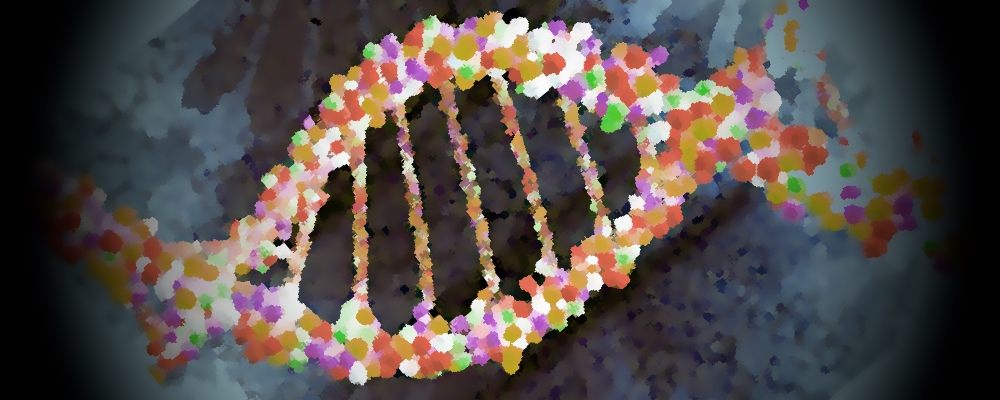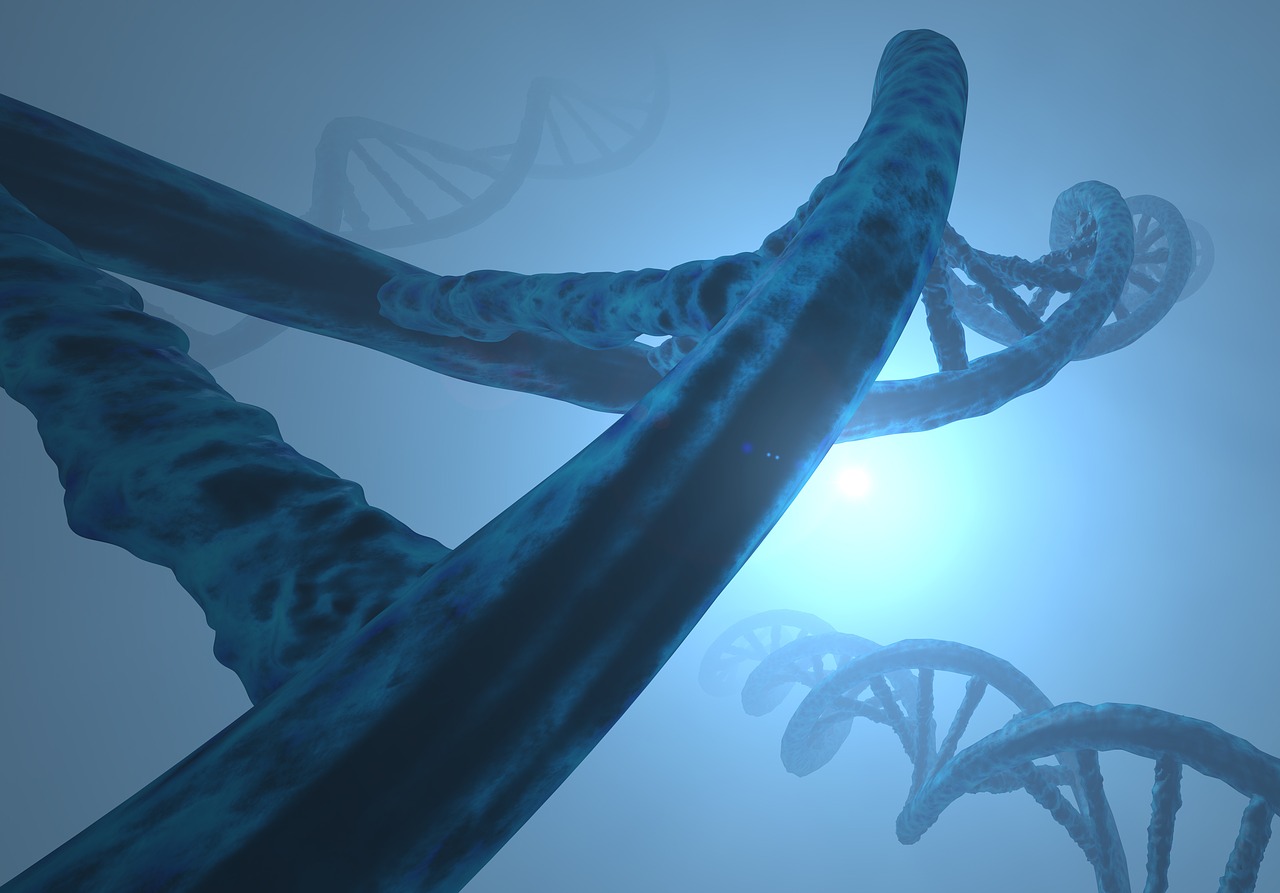Scientists Have Observed Epigenetic Memories Being Passed Down for 14 Generations
“To study how long the environment can leave a mark on genetic expression, a team led by scientists from the European Molecular Biology Organisation (EMBO) in Spain took genetically engineered nematode worms that carry a transgene for a fluorescent protein. When activated, this gene made the worms glow under ultraviolet light. Then, they switched things up for the nematodes by changing the temperature of their containers. When the team kept nematodes at 20° Celsius (68° F), they measured low activity of the transgene – which meant the worms hardly glowed at all. But by moving the worms to a warmer climate of 25° C (77° F), they suddenly lit up like little wormy Christmas trees, which meant the fluorescence gene had become much more active. Their tropical vacation didn’t last long, however. The worms were moved back to cooler temperatures to see what would happen to the activity of the fluorescence gene. Surprisingly, they continued to glow brightly, suggesting they were retaining an ‘environmental memory’ of the warmer climate – and that the transgene was still highly active,” reports SIGNE DEAN at Science Alert.
Furthermore, that memory was passed onto their offspring for seven brightly-glowing generations, none of whom had experienced the warmer temperatures. The baby worms inherited this epigenetic change through both eggs and sperm.
The team pushed the results even further – when they kept five generations of nematodes at 25° C (77° F) and then banished their offspring to colder temperatures, the worms continued to have higher transgene activity for an unprecedented 14 generations.
That’s the longest scientists have ever observed the passing-down of an environmentally induced genetic change. Usually, environmental changes to genetic expression only last a few generations.
“Worms are very short-lived, so perhaps they are transmitting memories of past conditions to help their descendants predict what their environment might be like in the future,” said co-researcher Tanya Vavouri from the Josep Carreras Leukaemia Research Institute in Spain.
“Inherited effects in humans are difficult to measure due to the long generation times and difficulty with accurate record keeping,” states one recent review of epigenetic inheritance. But research suggests that events in our lives can indeed affect the development of our children and perhaps even grandchildren – all without changing the DNA. For example, studies have shown that both the children and grandchildren of women who survived the Dutch famine of 1944-45 were found to have increased glucose intolerance in adulthood.
Other researchers have found that the descendants of Holocaust survivors have lower levels of the hormone cortisol, which helps your body bounce back after trauma.
Studies have shown that not only trauma, but also resilience (the inborn competence in knowing how to manage certain stressful situations that comes when a trauma is brought to peace) is inherited.
We await the scientific study that will establish the critical effect of consciousness and awareness through therapy and introspection that allows the lifting of the epigenetic markers on traumatic memory, turning the limitation of inherited trauma into inherited resourcefulness. Such validation would form a bridge of validation between the science of epigenetics and the restorative power of somatic experiencing and other life-saving methods to heal trauma. In addition, it would affirm the ancient wisdom of the importance of inheritance and ancestry in the in self-liberation from and within inherited patterns of reactivity.
The Paper in Science.
I AM HERE posts on healing Inherited Trauma




